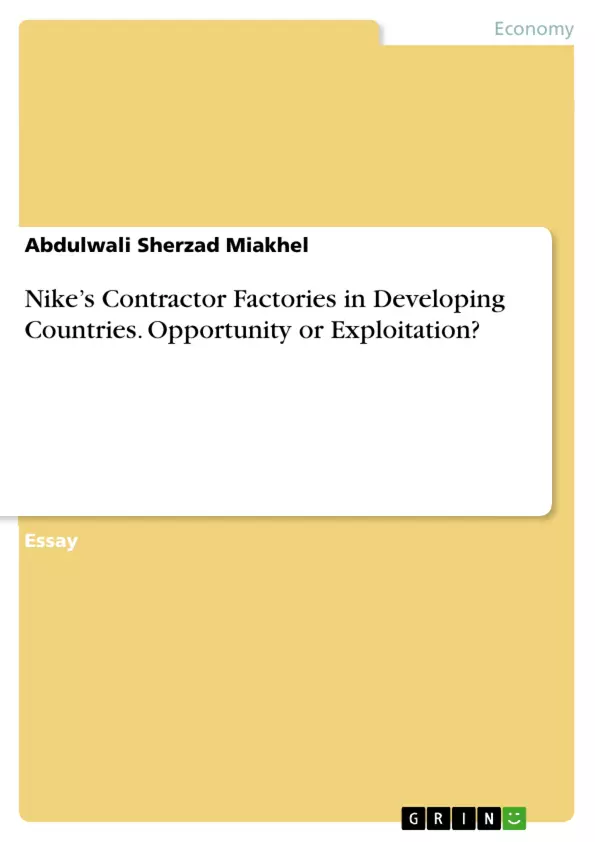What are the main criticisms against Nike regarding its labor practices?
Nike and its contractors in developing countries are criticized for worker exploitation, abuses, excessive overtime, inadequate wages, lack of medical facilities in factories, and bad working conditions.



